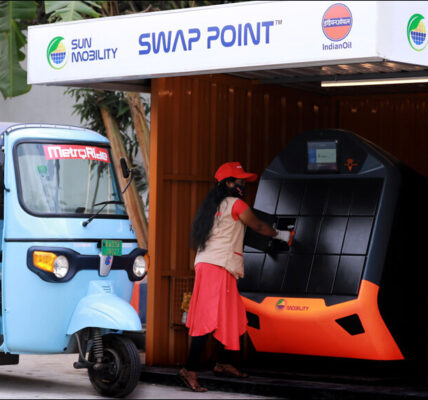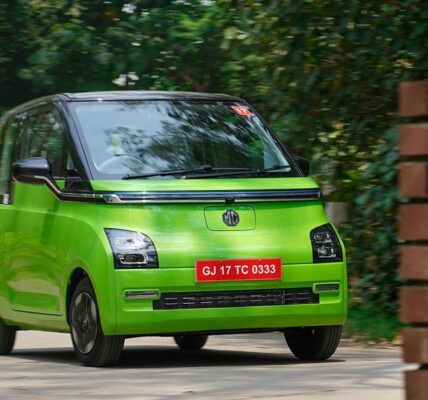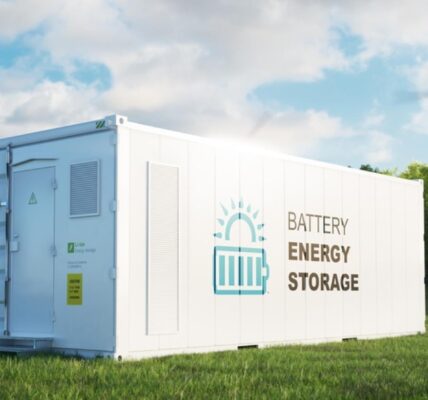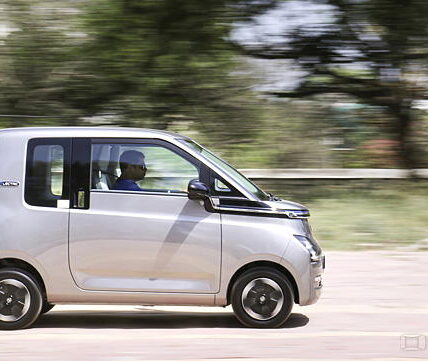A regional government in India has offered Gogoro Inc (睿能創意) a role in its Ultra Mega Project to build an electric-scooter ecosystem over the next eight years, with the investment estimated to top US$1.5 billion, the company said yesterday.
The move would follow Gogoro’s expansion in Indonesia, Israel and the Philippines, the company said.
The Taoyuan-based electric scooter maker and battery solutions provider would manufacture electric vehicles (EV), smart battery packs and battery swap stations for the Maharashtra State Government and deploy open and accessible battery swapping infrastructure, Gogoro said.
While it would be one of the biggest electric vehicle investments in India, the state government has offered financial incentives and support, the firm said without disclosing amounts.
The infrastructure deployment is to start late this year in Maharashtra, which has GDP of more than US$450 billion and accounts for 16 percent of India’s industrial output, Gogoro said.
“Having built a successful open battery-swapping network supporting multiple vehicle makers in Taiwan, we plan to proceed in partnership with the Maharashtra State Government to bring Gogoro vehicles, smart batteries and swap stations to India in the state of Maharashtra,” Gogoro chief executive officer Horace Luke (陸學森) said in a statement.
“We are focused on creating a domestic supplier ecosystem that allows for domestic growth and foreign market expansion,” Luke said.
The project would generate about 10,000 direct and indirect jobs, the statement said.
Gogoro’s request for financial incentives was approved by the Maharashtra Cabinet and the two parties are slated to complete the agreement soon, it said, adding that the state defines Ultra Mega Projects as significant strategic investments exceeding US$500 million.
Last year was outstanding for EV sales in India, surpassing 1 million, KPMG said in a report on April 30.
The sales volume was largely attributable to two and three-wheel scooters, as they satisfy most requirements for switching to an electric fleet, it said.
KPMG expects electric two-wheeler penetration to soar to 75 percent in 2030 in India, compared with an estimated 13 percent this year, the report said.
In line with “made in India” initiatives and global supply chain realignments, the Indian government is pushing production localization to achieve its dual objectives of self-reliance and job creation, KPMG said.
Along with national policies, 26 Indian states — including Maharashtra — have announced EV-focused initiatives with the goal of promoting EV usage and component manufacturing, it said.
The Maharashtra government aims to ensure that by 2025, 10 percent of all new vehicle registrations are EVs, KPMG said.






